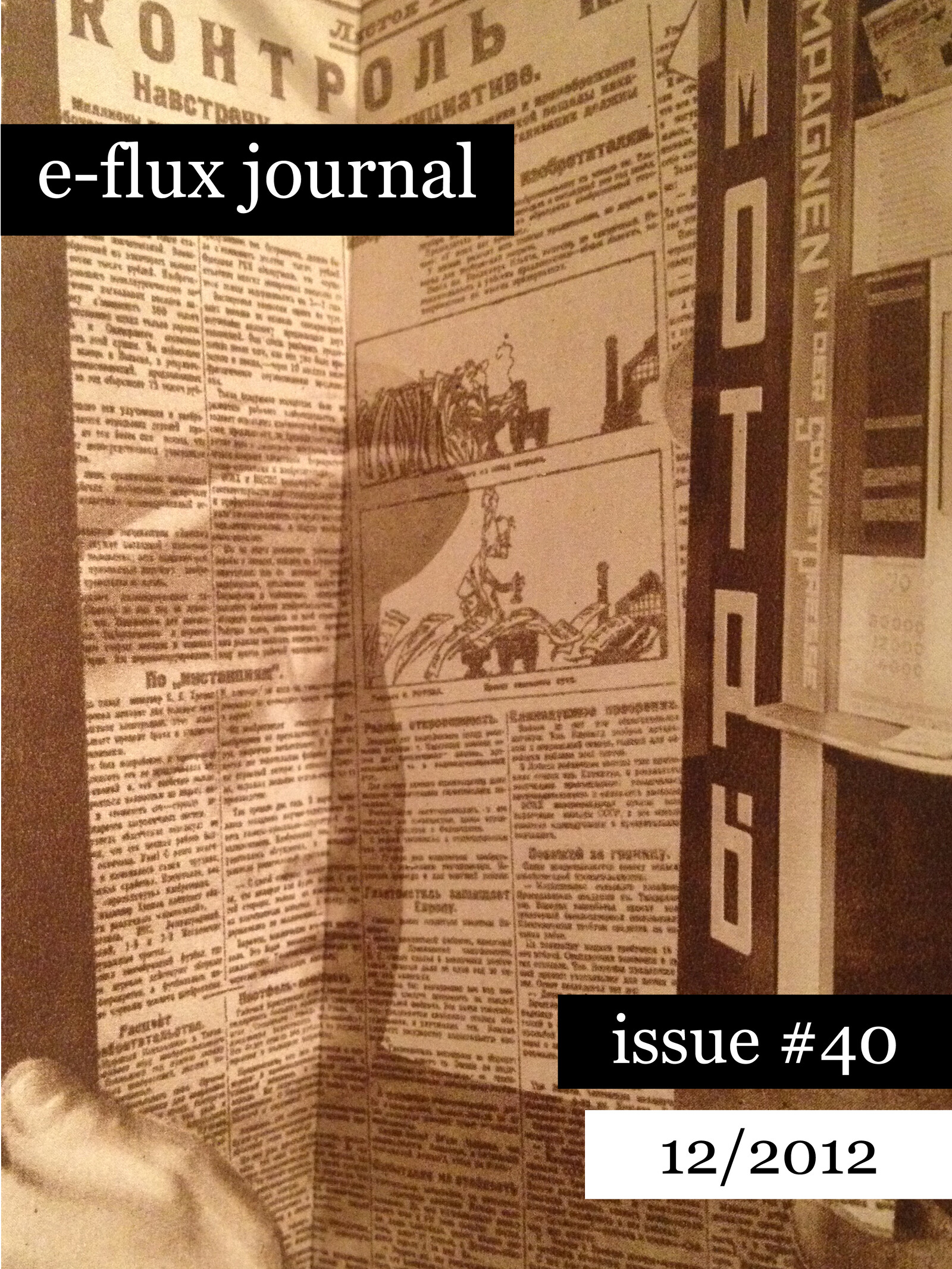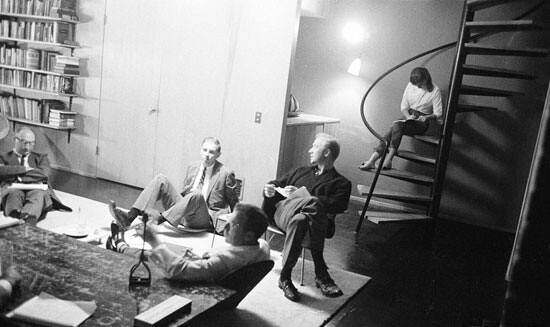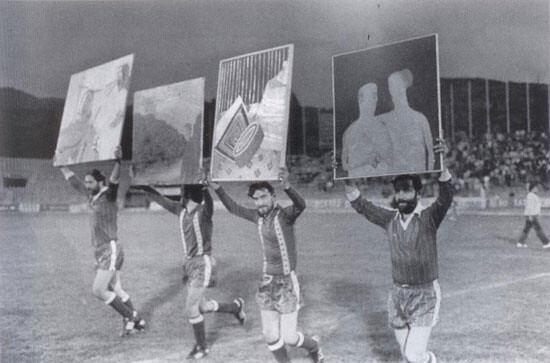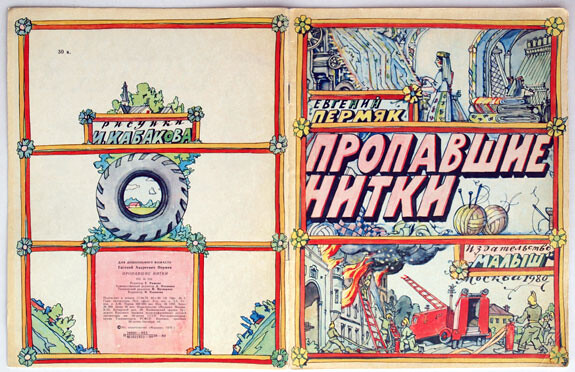Headlines, 2012: “Next time you’re hiring, forget personality tests, just check out the applicant’s Facebook profile instead.” – “Stephanie Watanabe spent nearly four hours Thursday night unfriending about 700 of her Facebook friends—and she isn’t done yet” – “Facebook apology or jail time: Ohio man gets to choose” – “Study: Facebook users getting less friendly” – “Women tend to have stronger feelings regarding who has access to their personal information” (Mary Madden) – “All dressed up…

Detail of the leporello of the catalogue of the International Pressa Exhibition, Cologne 1928. Design by El Lissitzky. LS Collection, Van Abbemuseum, Eindhoven.
Issue #40
December 2012
With:
Julieta Aranda, Brian Kuan Wood, Anton Vidokle, Geert Lovink, Zdenka Badovinac, Eda Čufer, Cristina Freire, Boris Groys, Charles Harrison, Vít Havránek, Piotr Piotrowski, Branka Stipančić, Hu Fang, and Franco “Bifo” Berardi
After an all-night conversation with an old friend, you are ready to start the revolution together. But the next day, discussing the finer points over breakfast, you realize no, it’s impossible —in fact, this friend is actually a fascist. Her sentiment is right but her strategies could be disastrous. In order for the revolution to succeed, you will probably have to kill her. And this friend is thinking the same thing of you—a cowardly ideologue who hides behind an antiquated idea of…
View List
View Grid
6 Essays
December 2012
While the discourse and study of conceptual art in the West is supposedly well-formed, artists in Eastern Europe have worked with a similar formal vocabulary for decades. Moderna Galerija in Ljubljana, where I am director, was the first institution in Europe to start systematically collecting works by mostly Eastern European neo-avant-garde artists since the 1990s. Since then, the collection Arteast 2000+ has steadily grown, and yet for many highly complex reasons the history of…
Anton Vidokle: I’d like to start by asking you about artistic independence. Your oeuvre strikes me as an example of one of the most independent artistic practices, in the sense of being a comprehensive, personal universe of meaning, paradoxically developed in rather totalitarian conditions. It is considered to be more difficult to achieve this in a repressive environment, where speech and artistic expression are curtailed, like the former USSR. Yet it seems to me that this may be actually…
1.
Félix Gonzales-Torres wrote this postcard on August 2nd, 1995. It was one week since he returned to New York, heading next to Miami. “It’s very hot down there, ” he wrote of Miami, “but it’s clean, and it has the most beautiful slow sunsets.”
The following year, Félix González-Torres passed away.
I got the chance to read these words recently from a friend who received this postcard, and I then realized that Félix’s “slow sunsets” live on today.
2.
Looking out my…
Don’t Take Shelter
Curtis’s nightmares are frightening. He dreams of a yellow brownish rain and of a tempest destroying everything, especially his family—his wife and daughter, and their house, one of those depressing comfortable houses scattered in the sad, flat landscape of the American Midwest. Is the nightmare to become his life or is his life already a nightmare? His life seems happy. He loves his wife Samantha and he loves his daughter Hannah, who is deaf. Thankfully, the company…



